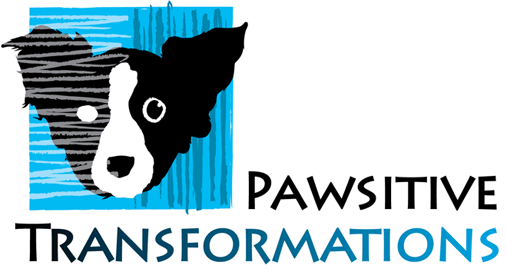
Can dogs recover from separation anxiety? YES!
People frequently ask me if a dog can recover from separation anxiety. They understandably want to know if success is possible before committing time, money,


People frequently ask me if a dog can recover from separation anxiety. They understandably want to know if success is possible before committing time, money,

Earlier this year, Bob became a faculty advisor for the esteemed Victoria Stilwell Dog Training Academy. What is the Victoria Stilwell Dog Training Academy (VSA)?

An important part of separation anxiety training is not leaving your dog home alone longer than he/she is comfortable. During the height of the

Wondering if your dog has separation anxiety? Your veterinarian can make the clinical diagnosis, but there are some indicators you can look for based on

Working as a Certified Separation Anxiety Trainer (CSAT) has taught me a lot about the condition. It has also helped me hone whole new set

Bob Ryder, CSAT, PMCT-4, CPDT-KA Your dog has separation anxiety. Maybe you brought home a brand new puppy full of energy and innocence from a

Bob Ryder, CSAT, PMCT-4, CPDT-KA Separation anxiety is a deeply ingrained fear-based behavior disorder. Helping a dog recover from it requires commitment and patience. This

A separation anxiety client client recently asked how it’s possible for dogs to have such problems being alone given that they can’t tell time.

As Covid vaccines become available and public health restrictions begin to ease, people are returning to work/school. I spoke with Dana Volmer of WGLT about

It’s music to my ears when clients tell me, “It’s really we humans who need the training.” Of course we do train dogs for the

For whatever reason, issues for which people ask my help seem to come in clusters. Sometimes I’ll have a handful of dogs struggling with OCD issues

I recently made the following observation during a consultation with a new client. “The less you punish your dog, the less you’ll need to punish

This installment comes to you from St. Louis. I’m at the front end of “Clicker Expo,” a 3 day conference for dog trainers and others

There’s a tool in the kit of most force-free trainers that deserves more attention than it gets. In terms of training, I’m talking about interruption.

The term “positive training” has a couple meanings, and it’s worth understanding the nuances. Most people understand it first in the sense that “positive” suggests “desirable,”

Bob Ryder, CSAT, PMCT-2 CPDT-KA A few years ago on WGLT Laura Kennedy and I talked about naming pets. One of the things we discussed

Bob was on “Animal House” on WGLT with Laura Kennedy today – if you missed hearing it live, you can listen via the link below.

We all get frustrated when our dog does something she isn’t supposed to do – like chasing the cat, raiding the trash, or jumping up
© 2024 Pawsitive Transformations, LLC